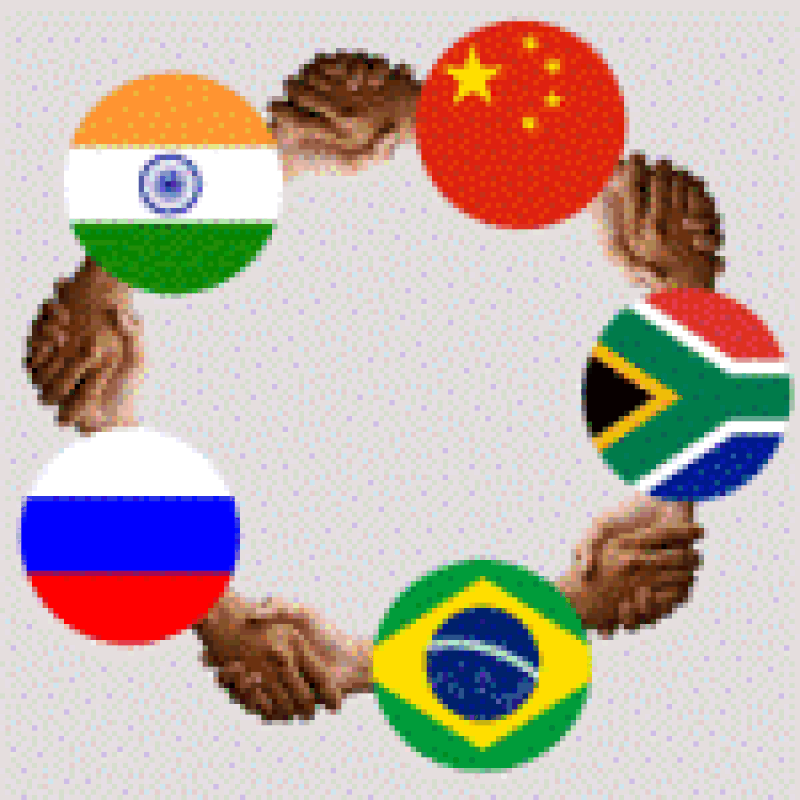
For a long time the OECD has been criticised for not being flexible enough to amend its transfer pricing rules to fit the world’s emerging economies. As a result, local peculiarities are becoming more of a headache for taxpayers operating in the BRICS nations.
Even though these countries are not members of the OECD, the work of the organisation has been successful in contributing to a uniform global standard. However, there are a number of domestic considerations and peculiarities to be aware of.
India
Indian transfer pricing rules are broadly based on OECD guidelines, with some deviations, and over the years, courts in India have acknowledged the relevance of the OECD guidelines while interpreting Indian rules.
The only changes that would need to be made to be fully compliant would be the adoption of multiple year data instead of single year data for comparability analysis and the use of the inter-quartile range and median, instead of arithmetic mean.
As reported in International Tax Review, Indian transfer pricing regulations are unique in the sense they require the computation of a single arm's-length price, through the mean of comparables, instead of a range.
There are also three main differences between the way India interprets PEs and that of the OECD:
Agency PE provisions are more stringent in Indian treaties. In India the securing of contracts triggers PE, as opposed to the concluding of contracts under the OECD model.
The stocking and delivery of goods by a foreign company creates a PE under the majority of Indian treaties, while it is exempt from the PE threshold under the OECD model.
Some of India's tax treaties include the concept of a service PE. This is absent in the OECD model.
India is also one of a small number of member and non-member nations of the OECD that does not agree with any of the clarifications given by the OECD in the 2010 update of the Model Tax Convention.
Brazil
As previously reported by TPWeek: mention Brazil and transfer pricing and the eyes of multinational taxpayers begin to roll. Brazil’s approach to transfer pricing legislation is notoriously different to that of the OECD and this causes obvious compliance issues for taxpayers.
Brazil has a number of reasons to not conform to the OECD approach - its primary one being that it can extract more revenue by using its own approach. While this is irritating for taxpayers, they are forced to conform - often accepting double taxation - if they wish to participate in the Brazilian market; which most taxpayers do.
Russia
In May, Russia’s Ministry of Finance clarified how taxpayers should calculate the threshold for controlled transactions, but its interpretation leaves companies with a choice of non-compliance or dedicating more resources to transfer pricing.
Since Russia’s new transfer pricing rules were released last year, there has been much debate over how they should be applied.
The threshold value for domestic related party transactions to qualify as controlled is RUB3 billion ($103 million).
Taxpayers can determine whether a transaction exceeds the threshold by considering the aggregate income of all transactions between pairs of related companies.
Taxpayers can make calculations based on the sum of all transactions performed with all related parties in a year.
Under the ministry’s interpretation, if a Russian parent company provides services, loans, or sells goods to a subsidiary, and the total income received is below the threshold, those transactions could still be classed as controlled if income from transactions with all other subsidiaries in the group takes the total above the threshold.
The tax authorities can request transfer pricing documentation for all controlled transactions, which must be provided by taxpayers within 30 days of receiving the request.
Discussing the issues
Finding the best ways to deal with the differences and irregularities of BRIC countries can often be achieved through dialogue and the sharing of experiences. International Tax Review and TPWeek is hosting the 12th annual Global Transfer Pricing Forum in Paris on September 24 and 25, which will feature a number of BRICS panels, in particular the Emerging Markets panel focusing on local advantages, economic ownership and embedded intangibles. Another panel will focus on how to charge management fees in BRICS countries.









